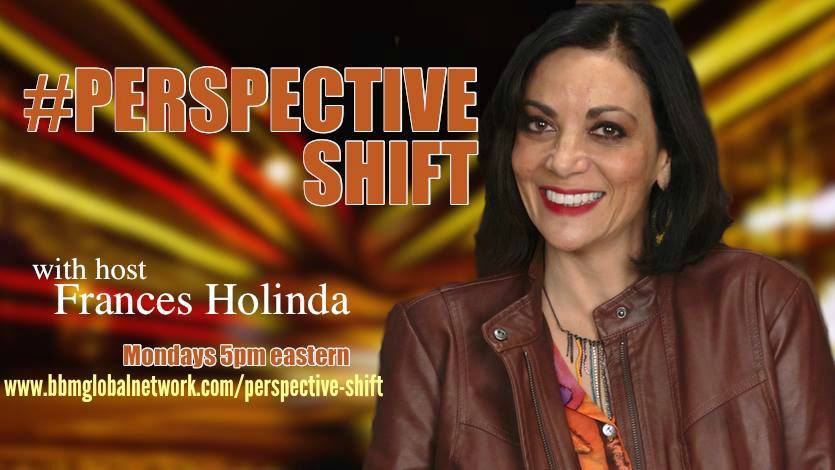Collaborative Law & Divorce: What’s that?

Irish Divorce
March 15, 2021
Divorce in Springtime?
April 19, 2021Litigation and mediation are not the only divorce options
The title of this blog reflects my reaction several years ago when hearing about collaborative law for the first time. I had a general understanding of mediation but knew most couples went the litigation route when ending their marriage. What intrigued me was that collaborative law seemed like a practical option for divorcing couples and yet it remained widely unknown. Even today, I often find myself defining collaborative divorce and explaining the process.
Collaborative Divorce v. Divorce Mediation v. Litigation
Litigation is the most used approach to divorce, often referred to as “traditional” divorce. To litigate means to bring a lawsuit. Sadly, many people go this more expensive route only because it all they know; they believe their only choice in ending their marriage is to call a lawyer. Another reason that people opt for litigation is because 80% of divorces are unilateral, meaning only one side wants to split up. A unilateral divorce usually disqualifies the use of mediation or collaborative law.
I often describe divorce litigation as a “fight it out” approach. Two sides lawyer up and argue their cases. Animosity is usually stoked. The process of discovery can be burdensome. The time to complete a litigated divorce can take years. Ninety-five percent of all divorces are settled before reaching the courtroom, but the adversarial method is inherently costly both financially and emotionally. Mediation and collaborative law are similar in that both are based on a solutions-based approach (win/win) as opposed to litigation which is rooted in an adversarial approach (win/lose).
In mediation, a trained mediator works with couples to come up with solutions to their issues. During three-way meetings, the object is to attain a spirit of working together toward resolving the matters at hand. Issues could include the sale of a business or home, child support, alimony, division of assets, and more. Divorce mediation works well if both spouses accept that they may not get all that they want, but enough that they can live with. Since there is not the discovery and fighting typical of litigation, the financial and emotional costs tend to be a fraction of what a contested divorce can be.
Collaborative divorce works similarly to divorce mediation. In mediation, one mediator provides guidance, suggestions and helps compensate for any imbalance of power. The collaborative divorce method utilizes a trained collaborative lawyer for each spouse in four-way meetings. Many people like the collaborative law approach because they feel more secure having “someone in their corner”. Sometimes one personality is much stronger than the other causing the fear of being disadvantaged. Others know they are not good negotiators or skilled at articulating their case. Employing the collaborative law model where representation is present can go long way in overcoming these insecurities.
Collaborative Law… All have to be on board
All four participants must sign a participation agreement stating that the lawyers cannot represent their clients in litigation if the negotiations fail. This is the incentive for the lawyers to see the divorce process through to a successful conclusion. Like in mediation, professionals (e.g. accountants, child custody experts) may be brought in and shared during the negotiations. This contrasts with the more costly approach used in litigation where each side gets their own professionals. Collaborative law will be more expensive than mediation since two lawyers are paid instead of one mediator, but it will almost certainly be less expensive, both financially and emotionally, than the adversarial approach employed in litigation.
Agree to disagree?
It cannot be over-emphasized that both spouses must be on board with a solutions-based approach to make it work. This includes being a good listener and exercising flexibility. The consequence of failure is having to start all over again inside the litigation arena.




